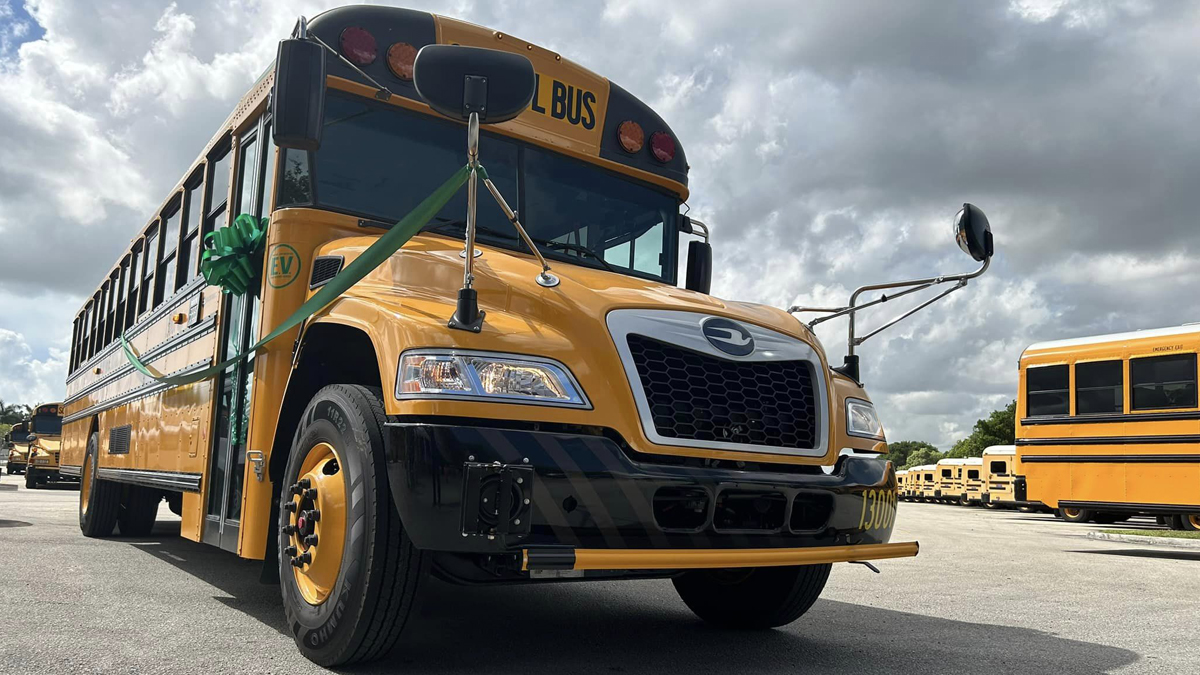It was controversial from the start.
Broward County Public Schools instituted a near total ban on cellphones during the school day, and now that a couple of months have passed, the district is asking parents, students and faculty to weigh in on the policy by responding to a survey on its website.
Watch NBC6 free wherever you are
So far, the survey has responses from 37,000 parents and faculty, and also from 20,000 students.
“Right now, the surveys are pretty mixed. Some students and parents are saying that they don’t see any impact on student performance, and then on the other half, you have some students and also some parents, mostly parents, saying they do see some impact on student performance,” said Superintendent Dr. Howard Hepburn. “Positive impact and also negative, so it’s actually pretty balanced, about 50-50 right now.”
Get local news you need to know to start your day with NBC 6's News Headlines newsletter.
As you would expect, students mostly dislike a policy which bans cellphone use even at lunch and between classes. Though they are allowed to use their phones in the event of an emergency.
“It should not be that strict because kids nowadays, they need their cellphones to use, they got so used to it,” said R.J. Alexander, a junior at South Broward High School.
“We need to use our cellphones for work, we need it to talk to our parents because sometimes our mom be like, calling us out of nowhere,” added South Broward freshman Isiah Perez.
Education On 6
Providing families with tools to get the most out of their children's education
“Yeah, ‘cause in case of emergency, you can use your phone,” said student Bianca Gonzalez, agreeing with her classmate, Isiah.
When I brought up the district’s contention that students can just keep their phones on airplane mode and use them in an emergency, Bianca responded: “No, because some teachers put it in a cubby, so in case something happens or someone breaks in, how will we contact our parents?”
The superintendent said the survey shows that teachers mostly support the strict rules.
“Of course students are complaining about not using it during lunch and not using it during class, I expect that,” Hepburn said. “Teachers like the current cellphone policy, they see benefits in it, they see students are actually coming into their classrooms more engaged, not distracted by cellphone use... I recommend that we keep it, I see lots of benefits from it.”
Hepburn added that he favors the policy because he’s hoping it will force students to connect with each other in person instead of through social media, and he thinks it will improve academic outcomes and mental health in the long run.
The data from the survey is still being collected and will be presented to the school board at their workshop meeting on Nov. 6. Then the board can decide whether to keep the policy or alter it in some way.


